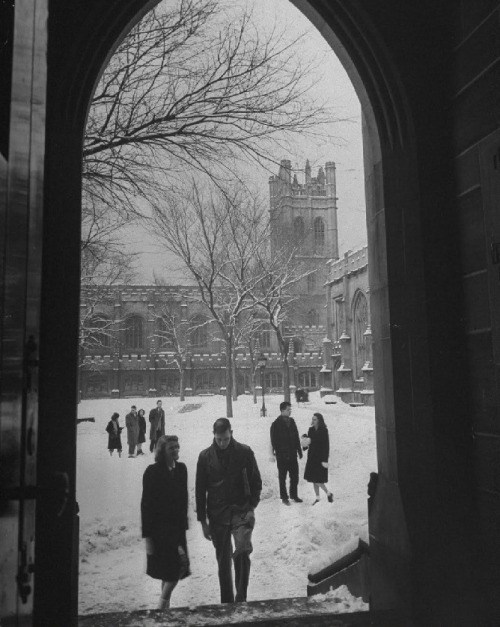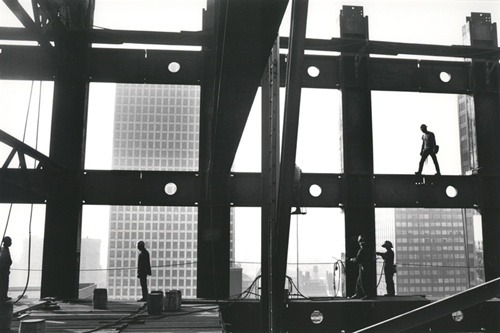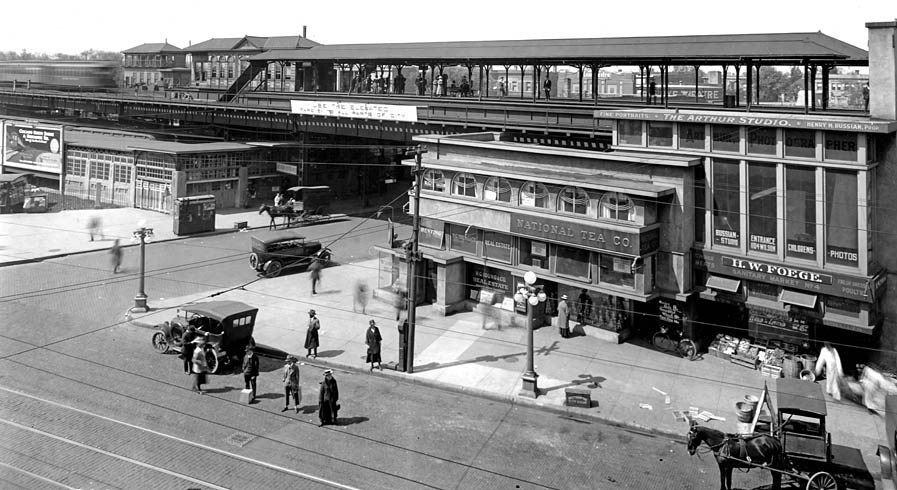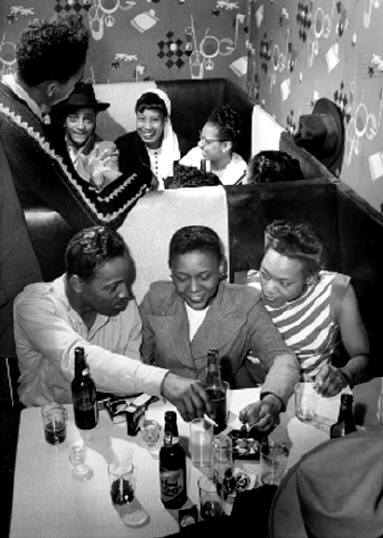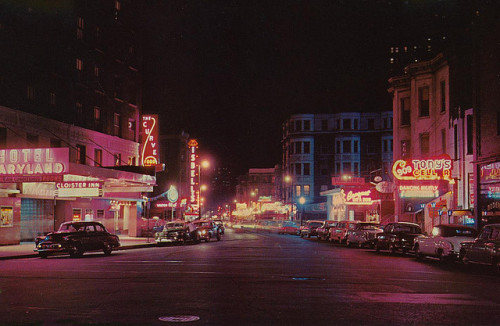I finally got around to reading Michael Robbins' poetry collection, 'Alien Vs. Predator'. I'm familiar with Robbins who taught a class I took on Romantic Poetry four years ago at Columbia. He knew a fuckton about poetry, as well as hip-hop and metal; he looked like a guy that would know a fuckton more about poetry than he did hip-hop and metal.
His own poetry is quite absurd. Lots of plays on words, lots of contemporary cultural references, philosophical references, poetic references...you get the idea. The poems are very abstract, in the sense that you shouldn't expect to read a poem and come away with any cohesive sense of what you just read.
Overall, I enjoyed the collection. I don't read a lot of poetry, but I'm sure I would read more of it if I knew more people that wrote like this. It was fun to read, and fun to read out loud and I found myself laughing while reading more than anything in quite some time. I decided to take some of my favorite lines, and rearrange them into a new poem. Since I could never write a poem that referenced Sartre, Star Wars, Joy Division, Freud, and David Bowie, I'm letting Robbins do it for me. If you're intrigued by these lines, check out some of Robbins' unbastardized work on
the Poetry Foundation's website and
follow him on twitter. Looking forward to another collection set to be released later this year.
'Ode to AVP'
If hell, like Soylent Green, is people,
every little hermit is the one true God.
She's not the droid you're looking for.
This baby is disgusting. Fuck you, baby.
Hold me close, tiny reindeer.
I get my news from
Meerkat Manor
I think I left my uterus in your uterus
Please don't get me started on astronauts.
I measure my pleasure in AMBER Alerts.
Let's put the Christ back in Xbox
by licking the nun and kicking her habit,
the elephant of surprise.
You shouldn't drink diarrhea
unless you bring enough for everybody.
Life is but the interpretation of a dream.
Gently, gently down the drain.
This is Uncle Tom to Ground Control.
Love will tear us a new asshole.
Now I'm required
to register as a sex pretender.
The business school has softer
toilet paper, so I do my business there.
Sing "Crimson and Clover" over and overy
to the dollar dollar bill and yes yes y'all.


